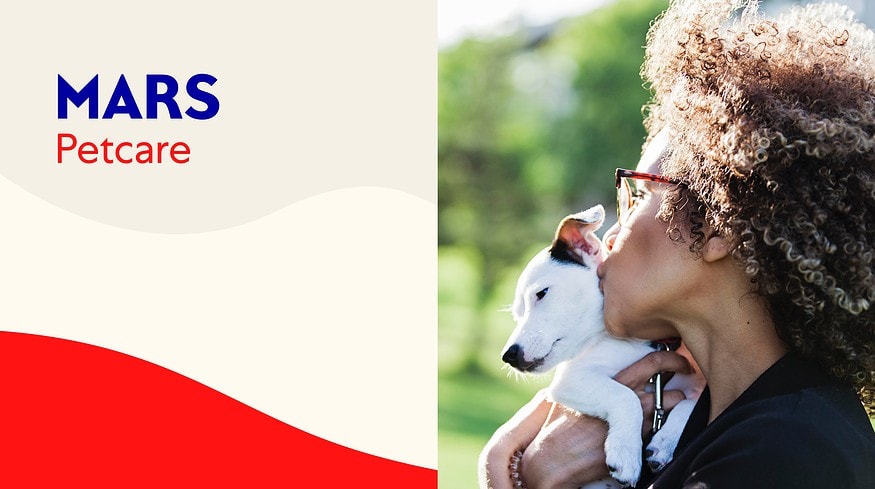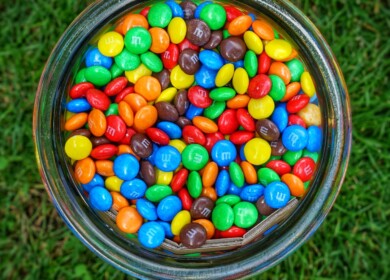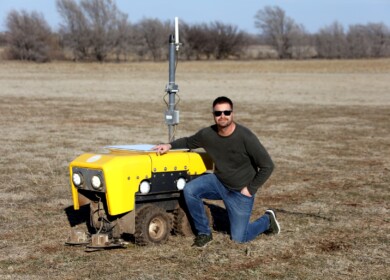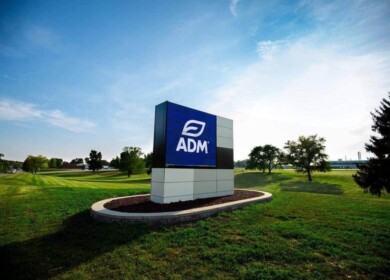Mars strengthens supply chain with climate-smart farming practices across North America

Mars, Inc. has announced a new set of partnerships aimed at transitioning 150,000 acres of farmland in North America to regenerative agriculture practices by 2024. These efforts are part of the company’s broader goal to implement over one million acres of regenerative agriculture across its global supply chain by 2030, aligning with its Net Zero Roadmap.
Mars, a global leader in pet care, confectionery, and food products, is working with key agribusiness partners such as ADM, The Andersons, Inc., Riceland Foods, and the Soil and Water Outcomes Fund. These partnerships aim to support farmers in adopting climate-smart agricultural practices that focus on reducing greenhouse gas emissions, improving soil health, and enhancing water quality in key agricultural regions like Arkansas, Iowa, Kansas, and Ontario, Canada. The initiative involves the company’s well-known pet food brands, including Royal Canin, Pedigree, and IAMS.
The collaborations are designed to support scope 3 carbon reductions—indirect emissions from Mars’ supply chain—and are seen as a critical component of the company’s overall sustainability strategy. By incentivizing farmers to implement practices like cover cropping, reduced tillage, and crop rotation, Mars hopes to reduce its environmental footprint while ensuring a resilient supply chain.
According to Jon Peattie, Senior Vice President of Mars Petcare US, addressing the environmental impact of the company’s ingredients is essential to achieving its climate goals. He emphasized that the partnerships also reflect Mars’ commitment to support farmer livelihoods, as well as the resilience of its supply chain.
Each partner brings unique strengths to the initiative. For example, ADM will focus on promoting sustainable soil health practices, covering over 100,000 acres in 2024, while The Andersons will contribute through its corn procurement program, supporting farmers across a range of regions including Ohio and Michigan. Riceland Foods will continue its Riceland Carbon Ready program, while the Soil and Water Outcomes Fund will provide direct financial incentives to farmers for implementing conservation practices that enhance carbon sequestration and water quality.
In 2023, Mars reported an 8% reduction in greenhouse gas emissions, doubling its total reduction to 16% since 2015. With agricultural ingredients accounting for nearly 60% of the company’s emissions, scaling regenerative practices is seen as a key strategy for driving further decarbonization.
By working closely with its partners, Mars aims to provide long-term sustainability solutions that benefit both the environment and the agricultural communities that are integral to its supply chain. These initiatives are part of the company’s broader effort to integrate climate-smart agriculture across its global operations.
Mars, a family-owned business with over $50 billion in annual sales, produces some of the world’s most popular brands, including Royal Canin, Pedigree, and M&M’s. Through its Mars Petcare division, the company provides pet food and veterinary services, with a strong focus on science-based nutrition and sustainability.
Enjoyed this story?
Every Monday, our subscribers get their hands on a digest of the most trending agriculture news. You can join them too!












Discussion0 comments